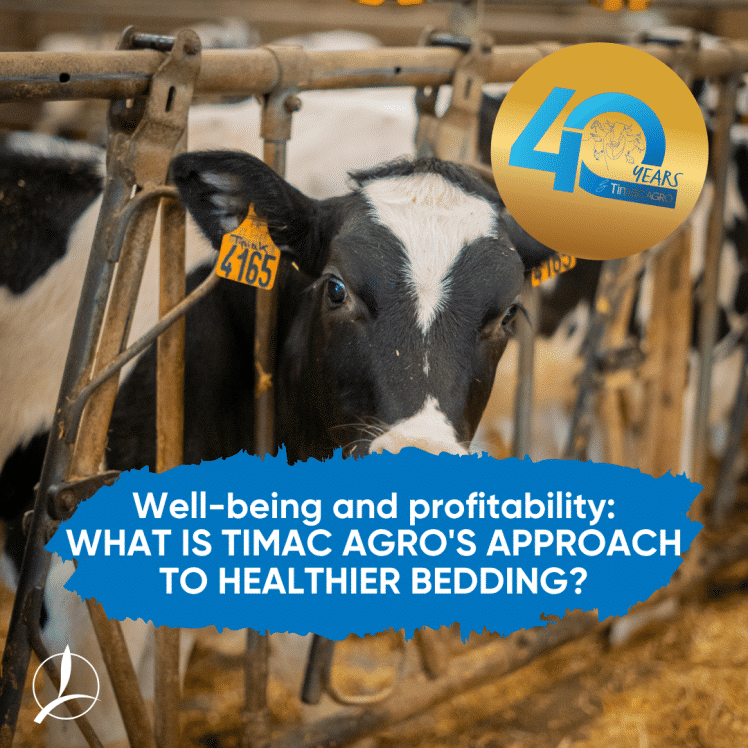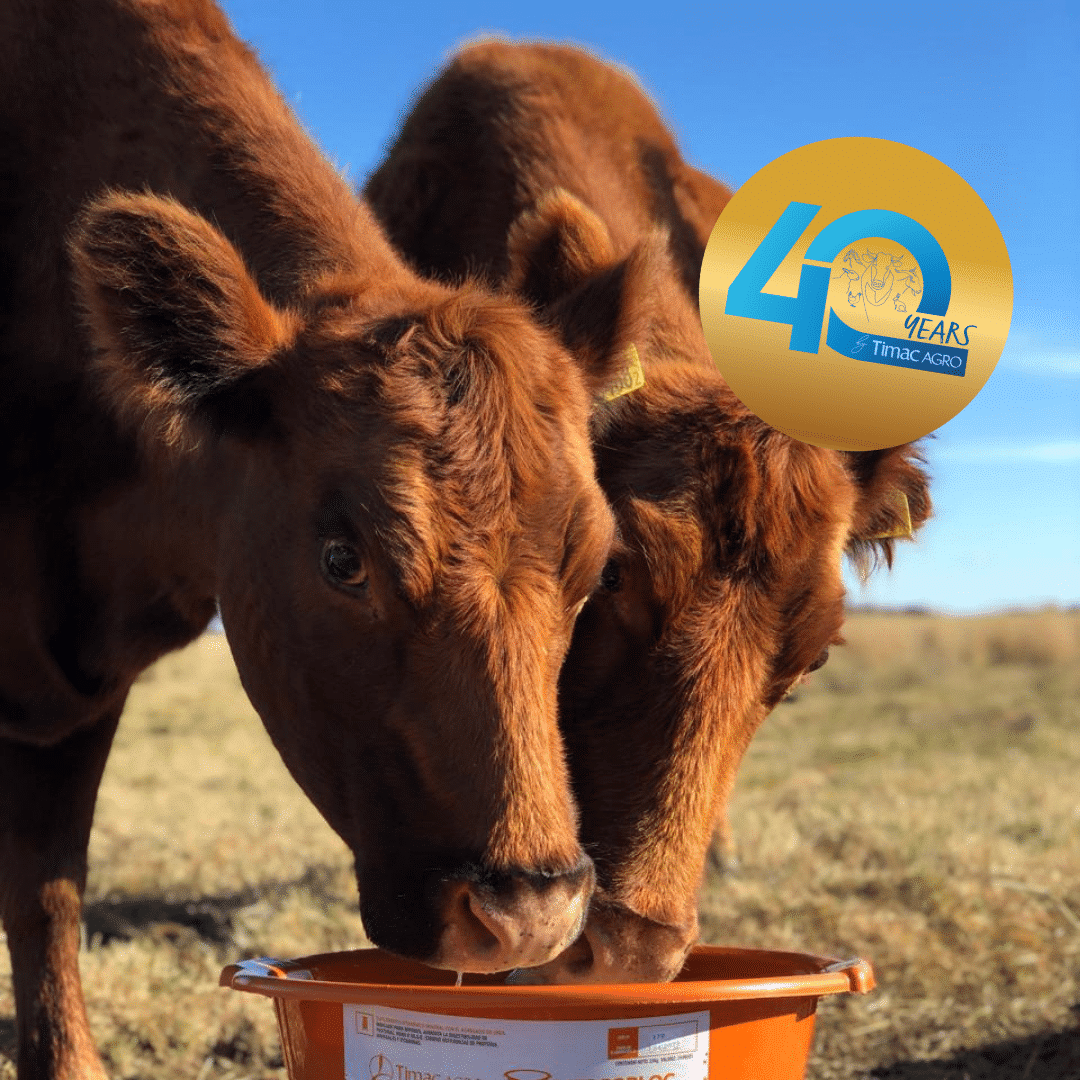Litter hygiene: a lever for animal health and farm performance
Litter hygiene is crucial for the well-being, health, and productivity of livestock. Clean, well-maintained litter provides a comfortable and healthy environment for animals, reducing stress and the risk of disease. Proper litter maintenance also helps control unpleasant odors and maintains a more pleasant working environment for farmers.
The risks of poor litter management
Inadequate litter management can have serious consequences for animal health and farm profitability. Wet and dirty litter promotes the growth and spread of pathogenic microorganisms and parasites, which can lead to epidemics and economic losses.
Proliferation of bacteria and fungi: Wet litter is a breeding ground for bacteria and fungi, which can cause respiratory, skin, and digestive infections in animals.
Ammonia buildup: Animal urine breaks down into ammonia, a toxic gas that can cause respiratory and eye irritation, reducing animal health and productivity;
Risk of zoonotic diseases: Certain diseases can be transmitted from animals to humans, such as leptospirosis and salmonellosis, posing a danger to farm workers.

The benefits of optimal litter management
To keep litter dry and healthy, certain modern solutions can regulate moisture and limit nuisances related to odors and harmful gas emissions such as ammonia. These specialized products offer several advantages:
- Odor and moisture control: Absorbent properties effectively reduce moisture, limiting the proliferation of bacteria and parasites. This also helps to lower the temperature of the litter, slowing down fermentation processes and the development of microbes.
- Reduction of ammonia emissions: These solutions work by neutralizing harmful gases, capturing nitrogen in liquid form, and reducing ammonia emissions. This improves air quality for animals and farmers while reducing the risk of respiratory diseases.
- Improved animal health: Well-maintained bedding limits skin infections and foot problems. Studies show a significant decrease in cases of pododermatitis and hock burns within a few weeks, demonstrating a significant improvement in animal welfare.
Litter hygiene plays an essential role in animal health and productivity. Investing in appropriate practices and solutions for litter maintenance is essential to ensuring efficient farming, a healthy environment, and the overall well-being of animals and farmers.


